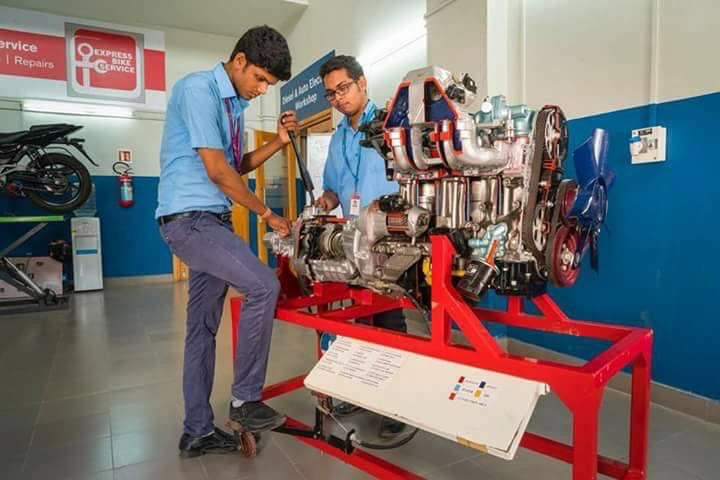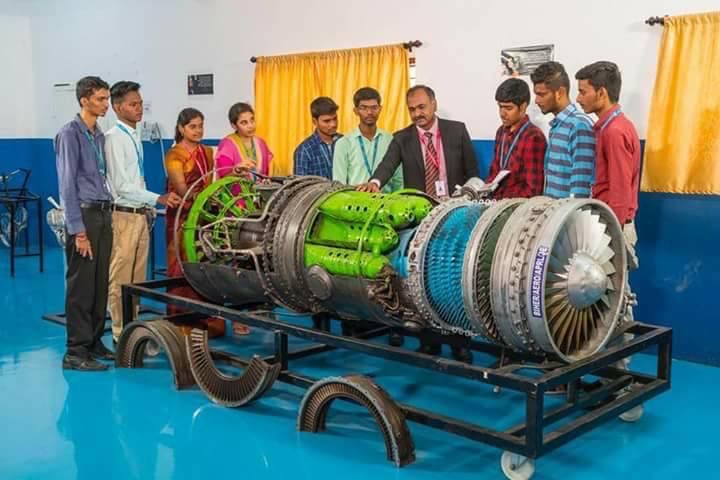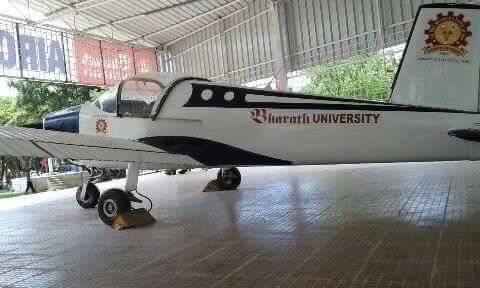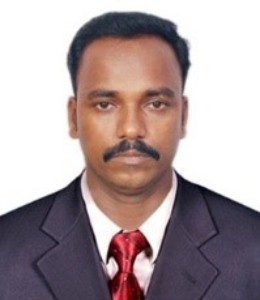Deans Desk :
- Dr.M.Sundararaj,
- Professor and Dean,
- Department of Aeronautical Engineering, BIHER
Aeronautical Engineering is a fascinating and high-technology discipline more than 100 years old, still requiring much more contribution by engineers and scientists to broaden its scope and application to develop next generation aircrafts. Aeronautical engineering is an ever developing discipline full of exciting opportunities and challenges with several private players entering the aeronautical industry, the opportunities are going to be better and better. Job opportunities for an Aeronautical Engineer in India lies with government owned air service, aircraft manufacturers and research centres.
Many of the Aeronautical Engineers get better placement opportunities in the private and public manufacturing sectors and contribute well for the development of the efficient products. The Faculty and students of our department are engaged in acquiring cutting edge technology and the excellent infrastructural facilities available in the department allowing them to delve into pushing the boundaries of the state of the art of technology.
Aeronautical department boasts of dedicated faculty who are committed in providing highest quality students in today's professional workforce. Our programs complement not only the student learning experience, but also business, government and industry. Through internship, research, and innovation we are committed to challenging, mentoring and providing an exceptional learning experience for our students. I look forward for developing and implementing strategic initiatives which will further enhance the professional education of all our students. BIHER has a strong tradition of integrity, diversity, access, responsibility and excellence. I fully support this initiative of bringing out this souvenir, which is the resultant output of the unwavering dedication of all who had worked for it. My best wishes and greetings to all the students who are aspiring to become Aeronautical Engineers and take India to the forefront of developed nations.




